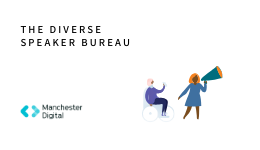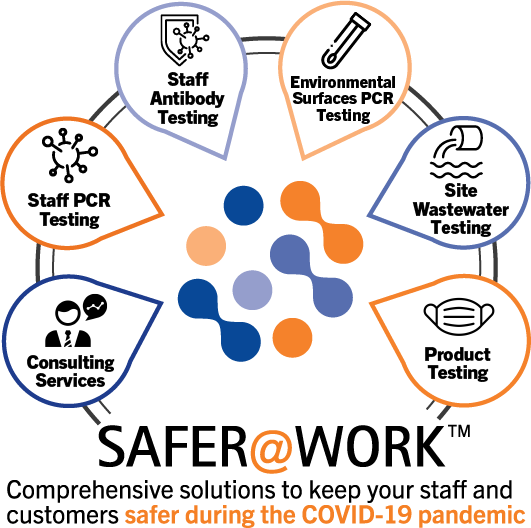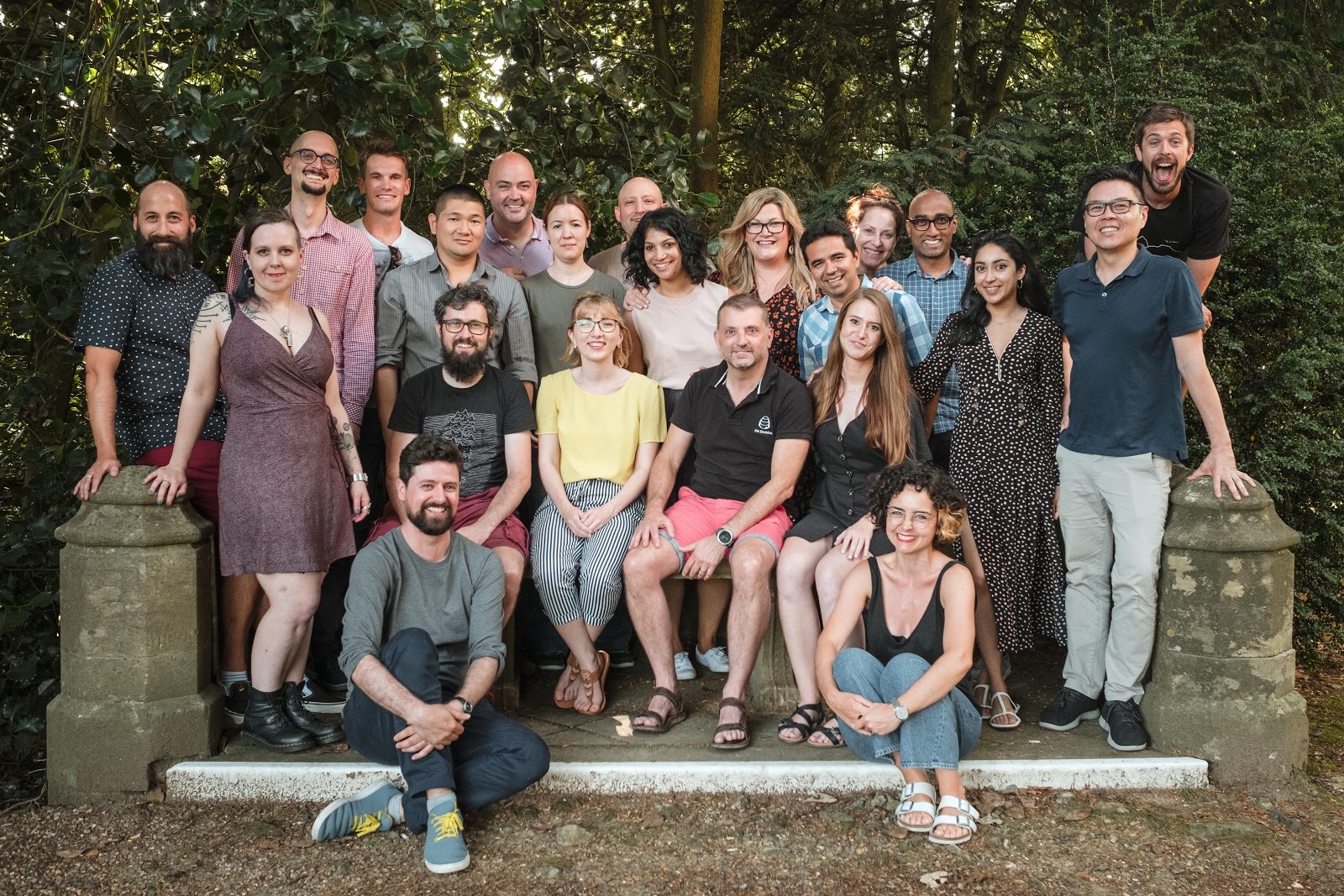
More than 11 million people in the UK have a disability, but the majority do not display visible obvious symptoms or use aids that indicate they are disabled. As 2nd April is World Autism Awareness Day, it’s a good time to focus on neurodiversity in the workplace and the unique challenges it presents.
“Neurodiversity” is a term used to describe the variety of brain makeups found in individuals. It includes conditions such as autism, dyslexia, dyspraxia, ADHD, and Tourette’s syndrome.
Not all neurodivergent individuals have been formally diagnosed: some may be unaware they are neurodivergent or waiting for an assessment. The range of neurodivergent traits is broad: examples include non-linear thought, a superior ability to concentrate, attention to detail, and the ability to see patterns in data.
According to a 2018 CIPD poll, only 1 in 10 organisations includes neurodiversity in their people management practices. It’s apparent that many organisations do not know how to approach neurodiversity. The world is set up for “neurotypical” people and, unfortunately, there’s still a real lack of understanding as to how we can accept and appreciate neurodiverse people and what they can contribute.
For many neurodivergent individuals, the biggest hurdle is getting through the door. The standard recruitment process is a barrier to entry for many because their communication styles may not be best suited to conventional interviews. For example, a candidate who has difficulty maintaining eye contact may appear rude at interview and fail as a result.
In the hope of changing perspectives about neurodiverse job applicants, a young autistic man called Ryan Lowry recently posted on LinkedIn a letter he wrote to potential employers. It quickly went viral. In the letter Ryan asked employers to “take a chance” on him because, although he did not “learn like typical people do”, he was a quick learner and good with technology.
In a much-welcomed move, some employers are now starting to take steps to increase neurodiversity in their workforce:
In 2015 Microsoft launched a pilot project to hire autistic individuals. The tech giant recognised that traditional hiring processes could be a barrier to entry so it changed its recruitment practices. Candidates are first invited to work under observation for a two-week trial period before progressively more formal interviews take place.
In 2015 JPMorgan Chase rolled out “Autism at Work”, a global programme aimed at increasing the bank’s autistic recruits. More than 150 employees have now been hired through the programme which boasts a 99% retention rate.
In 2016 Deutsche Bank started an autism internship programme in the UK. By 2020, 24 interns had passed through the programme and 85% had secured ongoing employment as a result.
In 2017 Yahoo set up a Neurodiversity Employee Resource Group intended to help neurodivergent individuals be more open about their strengths and challenges, and to address their workplace needs.
These businesses have recognised that the greater the diversity of the talent pool in the organisation, the better chance there is of valuable innovation and creativity.
Recruitment of neurodivergent talent is not the endpoint: it’s also important that employers use appropriate measures to increase inclusivity. For example, as part of its Autism at Work programme, JPMorgan trains managers in how to understand autistic communication.
Another point for employers to bear in mind is that being neurodivergent may amount to a disability under the Equality Act 2010. Employers should therefore remember they are obliged to make reasonable adjustments to remove anything that may place a disabled job applicant or employee at a substantial disadvantage. For example, GCHQ permits neurodiverse candidates to bring notes and mind maps into interviews.
In particular, the following advice is recommended for businesses hiring neurodivergent employees:
- Accept the individual skills and interests that neurodivergent people can bring to the workplace, and determine how best to appreciate and work with these.
- Understand the importance of choice: some adaptations might be beneficial to one group of neurodivergent individuals, but not another. For example, give employees the choice of different work environments, an individualised timetable, the option to have varied working hours (so as to avoid travelling in peak times, for example), flexible working arrangements, and clear directions.
- For autistic employees, appreciate that the spectrum is incredibly wide and varied; a one-size-fits-all approach will not work.
Acas has guidance for employers on changing the workplace to better support neurodiversity, which can be viewed here.
For advice or training on the issues raised in this article, or for help with addressing diversity and inclusion issues in your workplace, don’t hesitate to reach out to our specialist employment team for a free consultation or contact us at legal@lexleyton.co.uk.
This article has been prepared with contributions from Rosanna Durance, Specialist Autism Trainer, who we wish to thank for her assistance.









